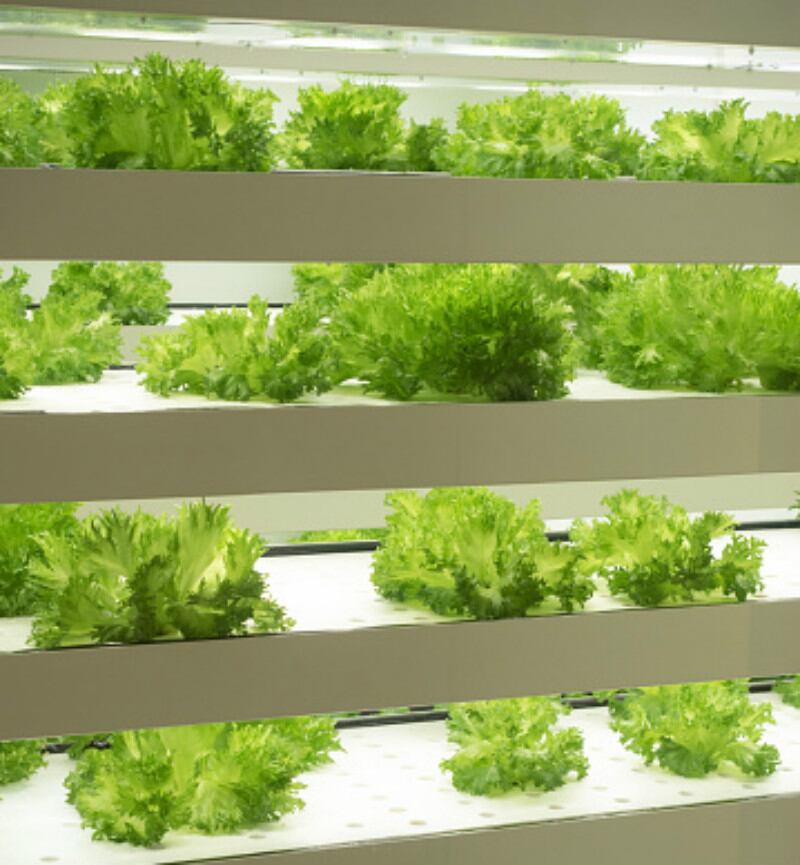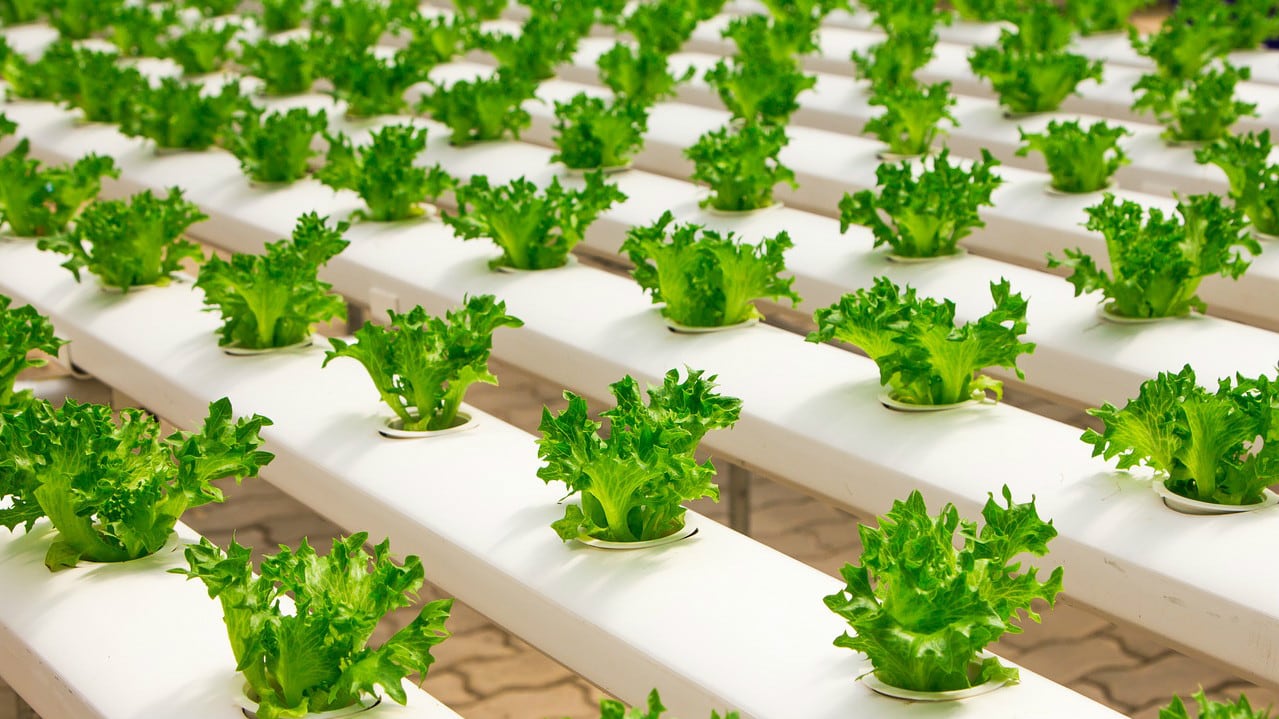This is mainly because vertical farming requires high investment costs, particularly when it comes to paying for electricity to provide suitable artificial conditions for crop growth.
“Vertical farming [utilises] sophisticated greenhouse methods and technologies within a closed environment to maximise productivity,” said report author, Horticulture New Zealand Environmental Policy Advisor Rachel McClung.
“High productivity is achieved by fully controlling aspects of cultivation, such as lighting […], temperature, humidity, levels of nutrient, growing medium composition and air composition.
“[As such, the requirements here such as] to replace solar energy with electricity for artificial lighting and temperature control, combined with the high capital investment and operational cost, currently outweighs the benefits.
“This is a limitation in New Zealand where we enjoy high levels of sunshine hours and have enviable growing conditions.”
McClung also found that vertical farming is unable to replace regular farming methods for many crops, as the range of crops that can utilise this technology is limited.
“[The] type of crops that can be grown in a vertical farm are limited (e.g. leafy greens and herbs), [and] vertical farms cannot grow the full range of fruits and vegetables currently grown in New Zealand.
“Produce grown in a vertical farm may supplement a local market, but would not be suitable for export due to the crop types that can be grown,” she wrote.
The study also revealed that in a survey conducted to understand vertical farming in the country, several respondents had already tried to establish such farms previously.
“They did not proceed due to the economic feasibility,” it said.
Urbanisation over productive land bad for food security
According to the report, the 14 years between 2002 and 2016 saw a 30% reduction in vegetable-growing land across New Zealand.
Conversely, Deloitte predicts that the demand for fruits and vegetable will grow by some 33% as compared to present by 2043. As such, dependence on vertical farming to replace crops lost to urbanisation could well spell trouble in terms of food security.
Furthermore, the report mentions an ongoing misconception that food crops can simply be grown ‘elsewhere’ away from housing and developmental land.
“Urban expansion is reducing the availability of some of New Zealand’s most versatile productive land for growing food,” said McClune.
“New Zealand soils vary widely in quality and versatility. Also, the climate varies across New Zealand.
“Fruit and vegetable crops generally need high class and versatile soils and climate requirements vary for crops.”
A new, balanced approach required
The study emphasised that New Zealand needs ‘a new way of thinking’ in order to meet the country’s growing demands for fresh fruit and vegetables.
“New Zealanders cannot rely on the way they have always done things to find the answers the country needs now.”
McClune recommended that the the New Zealand Government and Horticulture New Zealand take a ‘balanced approach to the issue of New Zealand’s diminishing productive land and food security’.
“This would include the proposed National Policy Statement to protect New Zealand’s versatile land and high-class soils; a full review of the risks to vegetable growing in New Zealand; the development of a strategy for the sustainability of domestic fruit and vegetable supply; and earmarking investment into internationally leading technology and innovation for the field of growing, including vertical farming,” she said.



